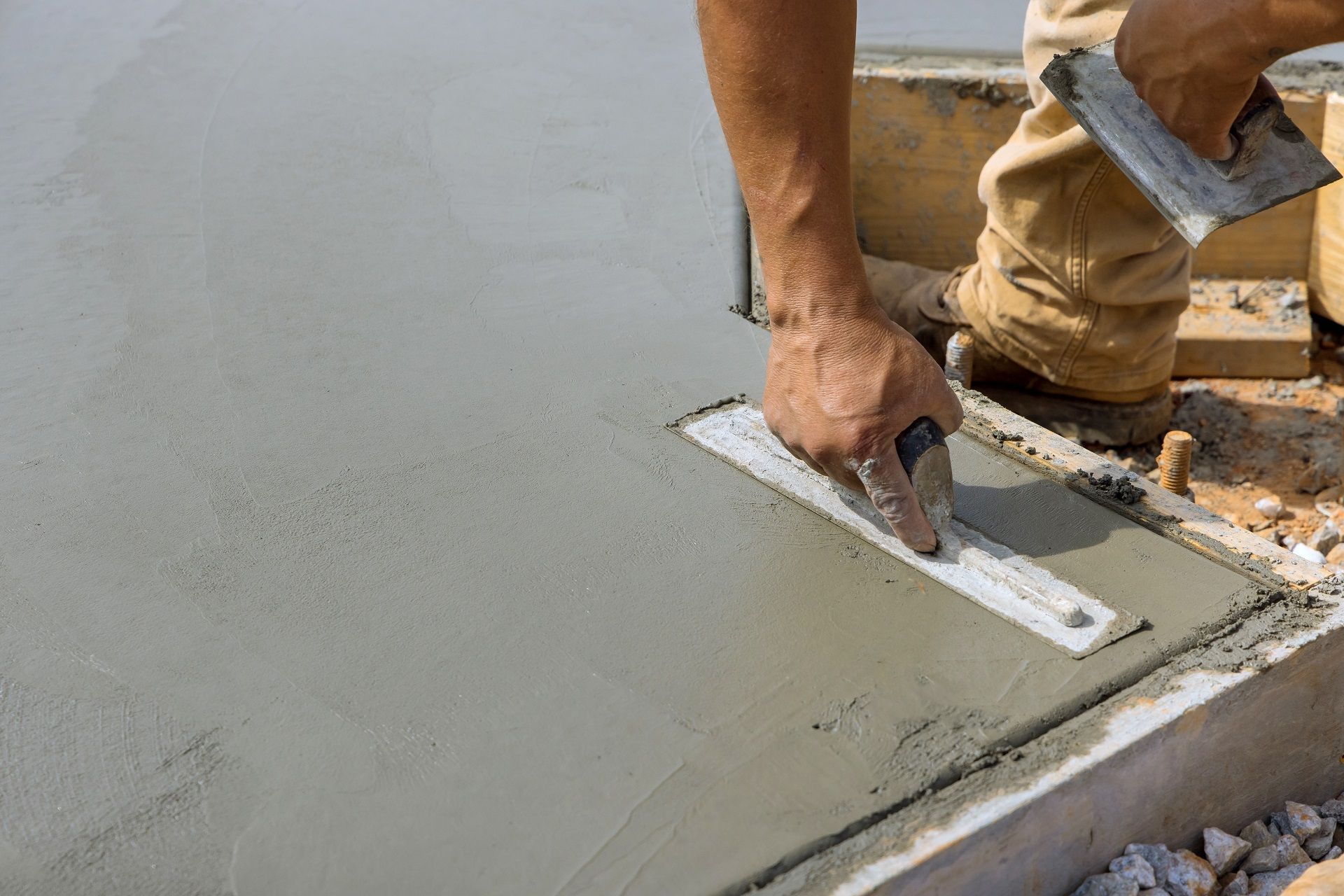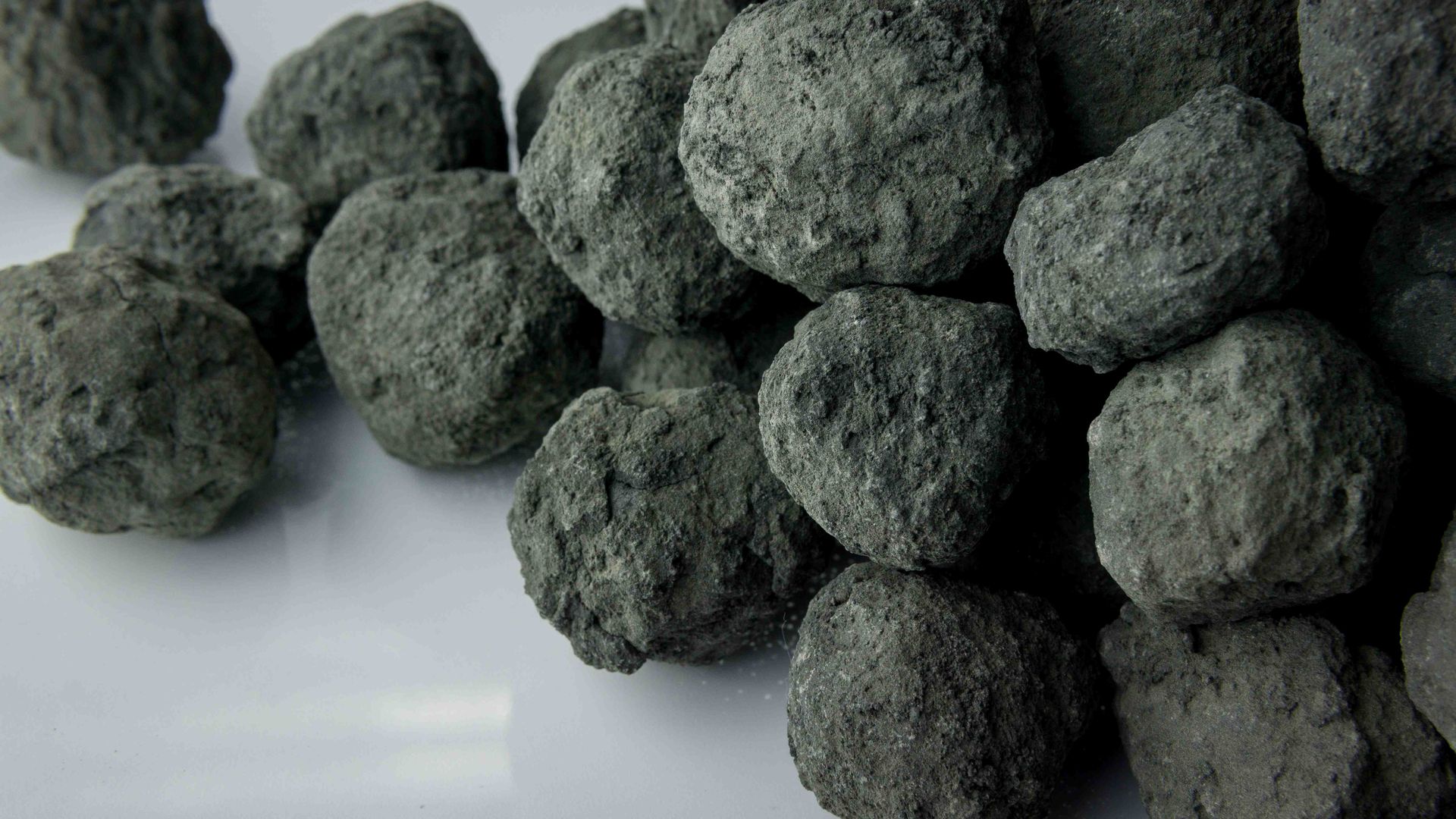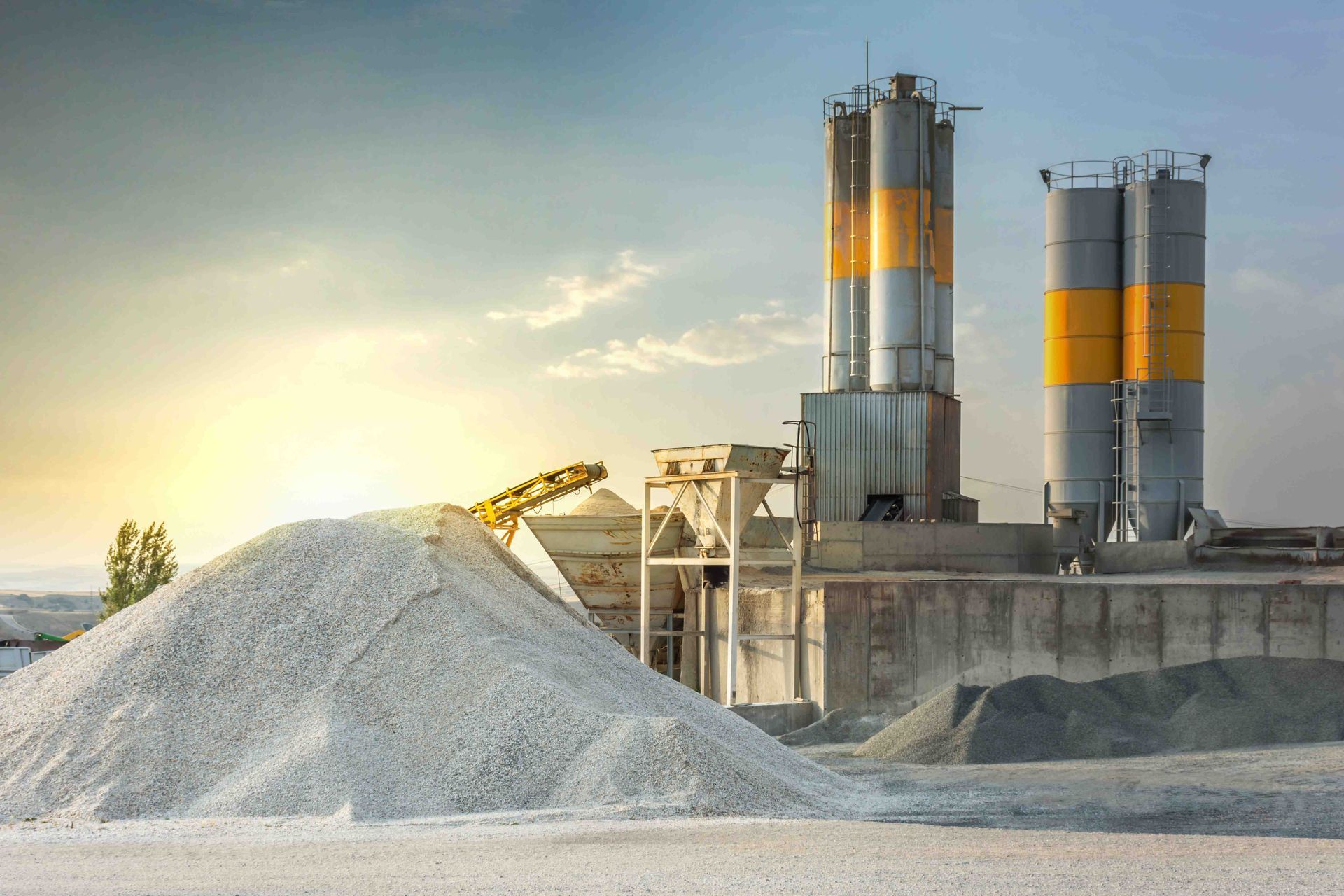Your Complete Guide to Masonry Cement

Masonry cement is a key component of many home improvement projects and can be used to create durable, attractive structures. But before you get started on your next DIY project, it’s important to understand the different types of masonry cement available and how they can affect the durability and quality of your work.
In this guide, you’ll learn more about what masonry cement is and how to properly mix, apply, and store it. Plus, you’ll get helpful tips on avoiding common mistakes while working with masonry cement, as well as important safety precautions to keep in mind.
And finally, we’ll provide information on where to purchase quality masonry cement at affordable prices. So let’s dive right into the world of masonry cement!
What Is Masonry Cement and How Is It Used?
Masonry cement is a type of mortar that is used in construction projects. This special blend of cement also contains sand and other aggregates, which give it strength and prevent cracking over time.
Furthermore, masonry cement is most often used to repair masonry walls and foundations, pave patios and walkways, or build outdoor fireplaces and other structures. Its versatility and strength make it an excellent choice for a variety of projects.
By understanding the different types of masonry cement, you can select the best product for your needs and ensure maximum longevity of your completed project. So let’s take a look at the different types of masonry cement available
Types of Masonry Cement
Masonry cement comes in several different types, each designed for specific applications:
Portland Cement: Portland cement-based masonry cement is the most common type of mortar used for general purposes. There are also Portland-lime blended mortars, which are made with a mix of Portland cement and hydrated lime, and are ideal for wet climates because they can handle excess moisture.
Mortar Cement: Mortar cement is a pre-mixed bag that contains all the necessary components for your project and requires minimal mixing beforehand.
Type K Masonry Cement: Type K masonry cement is a combination of Portland cement and hydrated lime. This type can be used on brick walls, stone veneers, sidewalks, and more.
Benefits of Using Masonry Cement
Masonry cement is a strong, long-lasting material that provides increased protection against weathering, cracking, staining, and more. They’re also easy to work with due to their lighter weight compared to other mortars.
This makes them great for DIY projects as you won’t need special equipment or tools in order to use them. Masonry cement is also cost-effective, providing a low-cost option for large-scale projects, such as building walls or patios.
Tips for Mixing and Applying Masonry Cement
When mixing and applying masonry cement, it’s important to follow the manufacturer’s instructions in order to get the best results. Here are a few tips for correctly preparing your mortar:
Clean Your Tools
Any time you’re dealing with mortar, you should make sure to clean your tools with water after each use. This will help keep your mortar from hardening and becoming unusable.
Mix Your Mortar Properly
It’s important to mix your mortar properly in order to ensure that it sticks together and forms a strong bond. Be sure to follow the manufacturer’s instructions for mixing times and ratios.
Apply the Mortar Evenly
Once you’ve mixed your mortar, be sure to apply it evenly across the surface of whatever material you’re working with. If necessary, use a trowel or other tool to even out any gaps or uneven areas.
These simple tips are incredibly effective at making any masonry job that much easier. With a modicum of practice, you will be able to create a strong, long-lasting bond between your materials that can weather storms and stand the test of time.
Storing Masonry Cement
Masonry cement should always be stored in a dry area at temperatures below 80°F. Keeping it stored properly ensures its longevity and effectiveness. Additionally, if you plan on using any leftover mortar for future projects, make sure to store it in an airtight container so that it doesn’t become unusable.
Common Mistakes to Avoid When Working with Masonry Cement
Working with masonry cement can be tricky if you don’t have experience doing so. Here are some common mistakes to avoid in order to get the best results with your project:
- Not following manufacturer’s instructions. Make sure you read and understand all directions before starting your project.
- Adding too much water when mixing mortar. Doing so can weaken the cement, resulting in a weak structure that won’t last over time.
- Not allowing enough time for the mortar to dry before use. Mortar needs at least 24 hours to set properly, so be sure to allow plenty of time between mixing and applying it.
Be sure to follow these tips and tricks in order to get the best results out of your masonry cement project. With a little practice, you should be able to create strong, long-lasting structures that will last for many years to come!
Where to Buy Quality Masonry Cement at Affordable Prices
Finding quality masonry cements at an affordable price doesn’t have to be difficult. There are a few reliable sources you can turn to when it comes time to purchase your cement.
Naturally, you should be able to find masonry cement at your local hardware store. However, if you’re looking for a wider selection or lower prices, as well as bulk supplies of masonry cement, you need to connect with PermuTrade.
PermuTrade is the go-to source for purchasing masonry cement at wholesale prices. Not only can we accommodate all your needs for masonry cement, but we also specialize in a wealth of other raw materials for all your construction and building needs.
You can trust PermuTrade to provide you with quality masonry cement at the best prices. We ship all over the world, so you can rest assured that no matter where your project is located, you’ll be able to get the materials you need.
Get in touch with us today if you’re looking for quality masonry cement or other raw materials at affordable prices. We’ll be happy to answer any questions you have and help you get started on your project.
Connect with us via our
Contact Form or by email at
info@permutrade.com.
Disclaimer: The information on this website and blog is for general informational purposes only and is not professional advice. We make no guarantees of accuracy or completeness. We disclaim all liability for errors, omissions, or reliance on this content. Always consult a qualified professional for specific guidance.






